The Week Unwrapped: Afghanistan, Florida and Northern Ireland
Can the World Bank set the Taliban straight? Why is Florida saying ‘don’t say gay’? And what can we learn from the last trials of the Troubles?
A free daily email with the biggest news stories of the day – and the best features from TheWeek.com
You are now subscribed
Your newsletter sign-up was successful
Olly Mann and The Week delve behind the headlines and debate what really matters.
You can subscribe to The Week Unwrapped wherever you get your podcasts:
In this week’s episode, we discuss:
The Week
Escape your echo chamber. Get the facts behind the news, plus analysis from multiple perspectives.

Sign up for The Week's Free Newsletters
From our morning news briefing to a weekly Good News Newsletter, get the best of The Week delivered directly to your inbox.
From our morning news briefing to a weekly Good News Newsletter, get the best of The Week delivered directly to your inbox.
Taliban vs. the World Bank
The World Bank has suspended four aid projects in Afghanistan, worth a total of $600m (£460m) after the Taliban reversed an earlier decision to allow girls to attend school. The Islamist group blamed problems with the national school uniform, but it is widely believed that the group is divided along ideological lines about whether girls should ever be allowed to return to high school. Is the Taliban slipping back into its old ways, and is there anything the West could or should do in response?
‘Don’t say gay’
This week the governor of Florida, Ron DeSantis, signed into law what has colloquially become known as the Don’t Say Gay bill. The new law, which forbids forbids teaching on sexual orientation and gender identity from kindergarten to third grade (covering children aged five to nine), has drawn intense scrutiny and criticism, including from Joe Biden. But with DeSantis expected to run as a Republican presidential candidate for 2024, is it a sign of things to come?
Troubles trials
A former British soldier has gone on trial in connection with the death of Aidan McAnespie in Northern Ireland in 1988, in what could be the last prosecution before a proposed amnesty on Troubles killings comes into effect. The accused, David Holden, does not deny that he shot and killed McAnespie, an unarmed civilian, at a border checkpoint in Tyrone – but says he fired his weapon accidentally. What can this trial teach us about the state of the Northern Irish peace process?
A free daily email with the biggest news stories of the day – and the best features from TheWeek.com
-
 The Olympic timekeepers keeping the Games on track
The Olympic timekeepers keeping the Games on trackUnder the Radar Swiss watchmaking giant Omega has been at the finish line of every Olympic Games for nearly 100 years
-
 Will increasing tensions with Iran boil over into war?
Will increasing tensions with Iran boil over into war?Today’s Big Question President Donald Trump has recently been threatening the country
-
 Corruption: The spy sheikh and the president
Corruption: The spy sheikh and the presidentFeature Trump is at the center of another scandal
-
 Roman-era Brits kept lap dogs
Roman-era Brits kept lap dogsfeature And other stories from the stranger side of life
-
 The power of Estonia’s same-sex marriage law
The power of Estonia’s same-sex marriage lawfeature LGBTQ people hope the country will set an example for other European nations
-
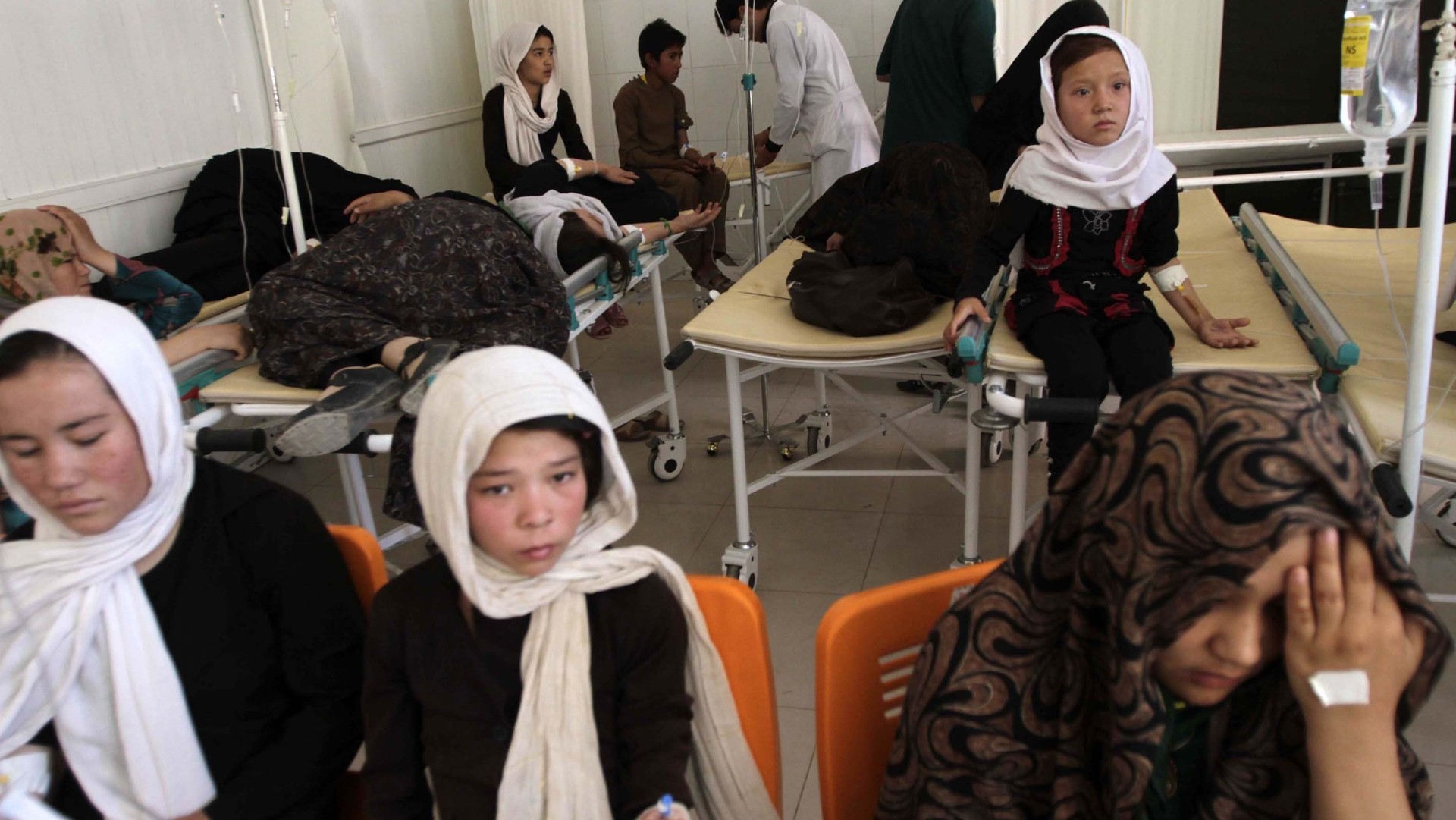 ‘We should be scared’: the poisoning of schoolgirls in Afghanistan
‘We should be scared’: the poisoning of schoolgirls in Afghanistanfeature Children hospitalised in allegedly deliberate mass attacks is latest in series of incidents going back decades
-
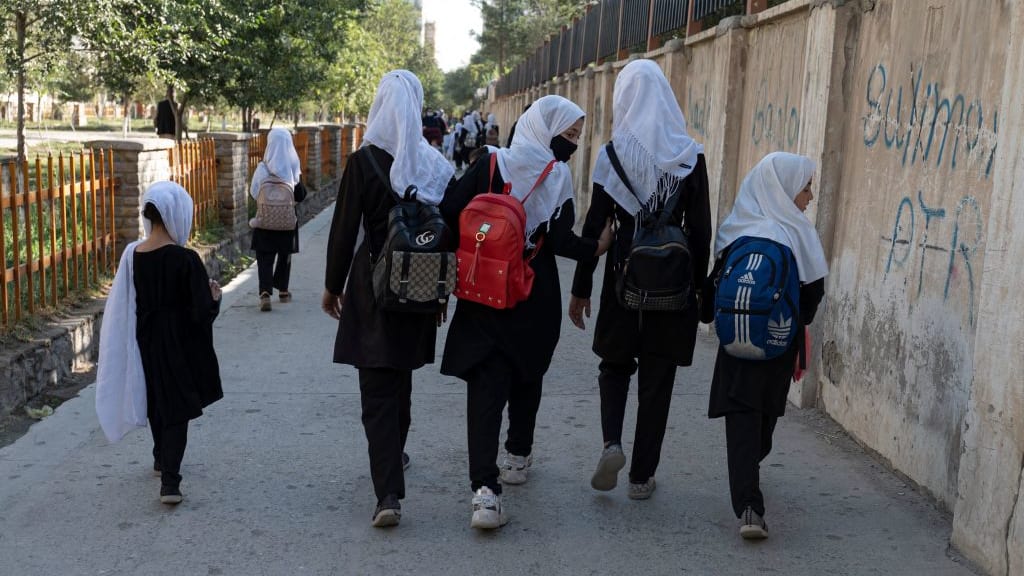 Officials believe dozens of girls in Afghanistan were deliberately poisoned at school
Officials believe dozens of girls in Afghanistan were deliberately poisoned at schoolSpeed Read
-
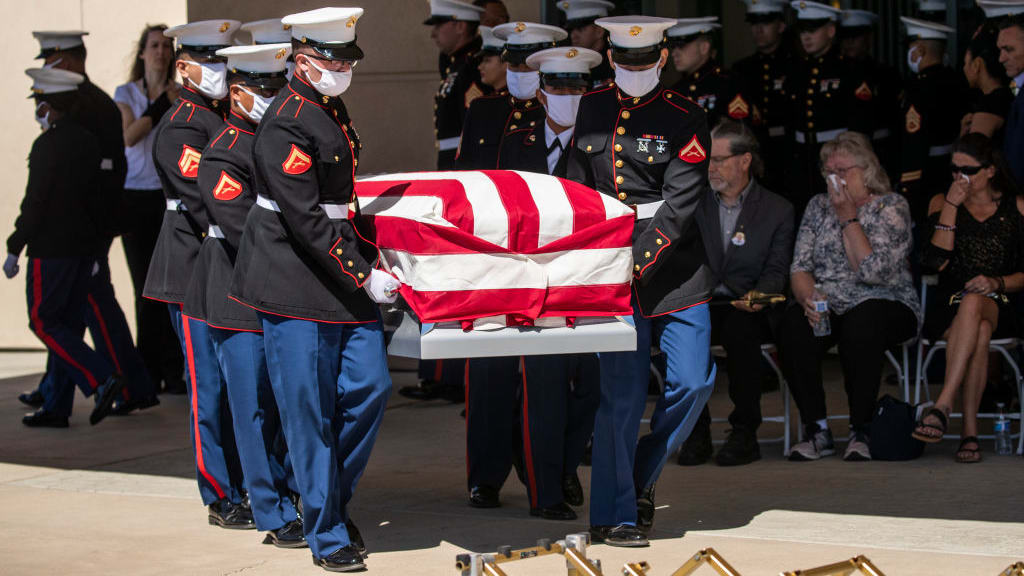 Taliban kills mastermind of Kabul airport suicide bombing
Taliban kills mastermind of Kabul airport suicide bombingSpeed Read
-
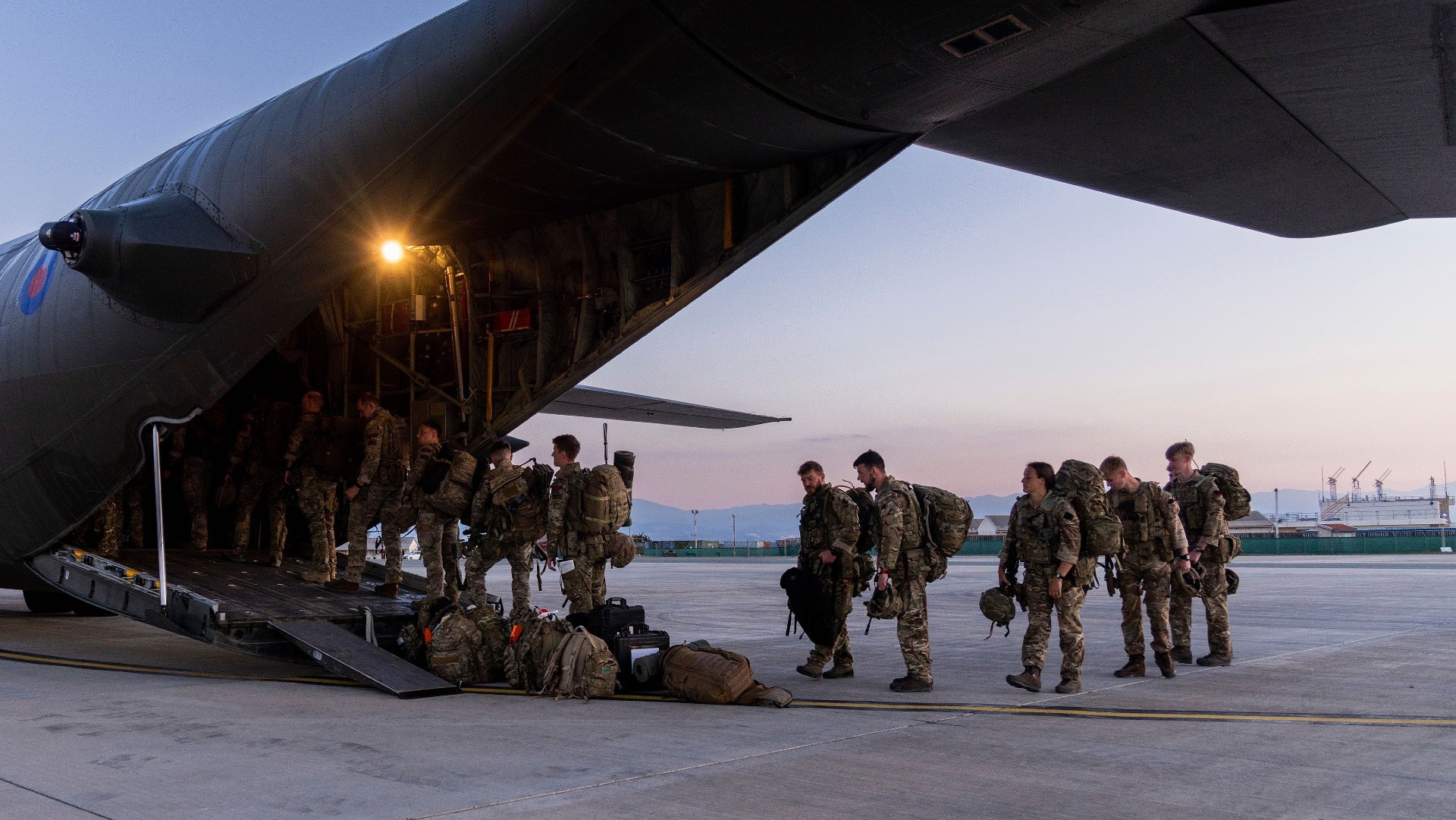 Sudan evacuation: has Foreign Office learnt the lessons from Afghanistan?
Sudan evacuation: has Foreign Office learnt the lessons from Afghanistan?Today's Big Question Failings of chaotic withdrawal from Kabul prompt return of foreign secretary and airlift of Britons from Khartoum
-
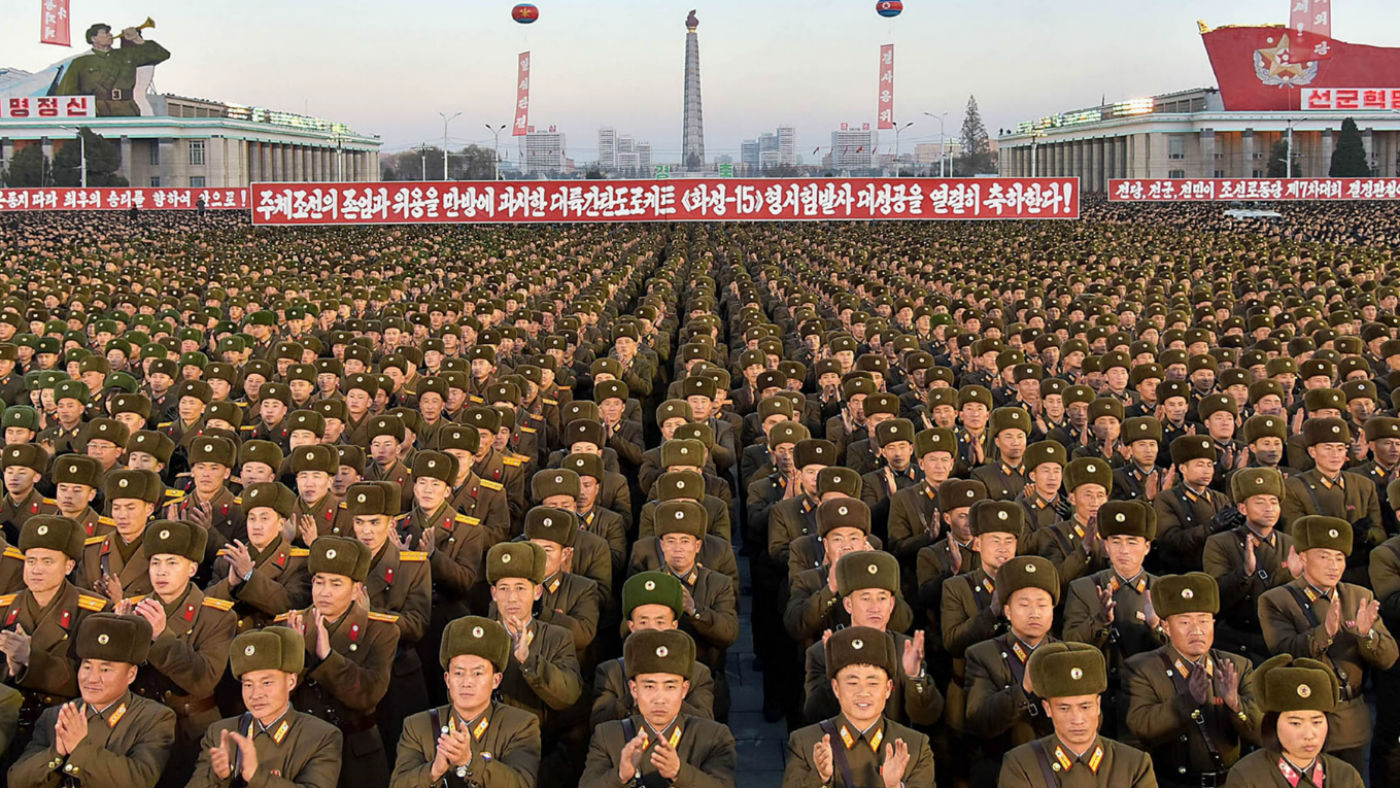 The Week Unwrapped: Korean succession, terror by algorithm and German disquiet
The Week Unwrapped: Korean succession, terror by algorithm and German disquietpodcast Could a 10-year-old girl rule North Korea? Will an Isis victim upend web law? And why is Germany upset with its Oscars contender?
-
 The Week Unwrapped: Chinese chips, the Pope in Africa and podcasting
The Week Unwrapped: Chinese chips, the Pope in Africa and podcastingpodcast Is China losing the microchip war? What is the Vatican doing in South Sudan? And has the podcast tide turned?